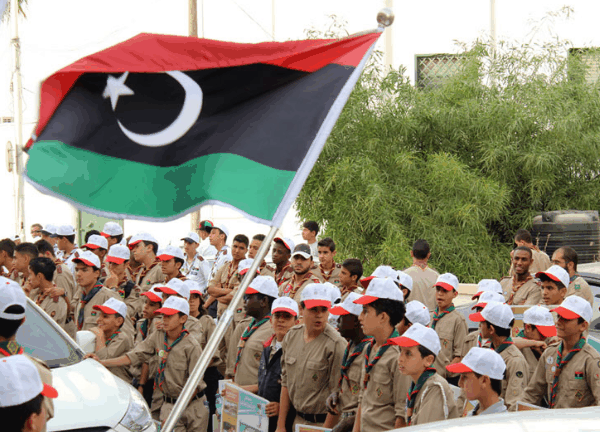At the hotel’s auditorium, Education Minister Ali Al-Obeidi spoke to a couple of hundred attendants about the threats of mines and unexploded remnants of war.
“Mines kill indiscriminately and mercilessly,” he said, pointing out to statistics that show it costs about $1 to plant a mine and $1,000 to remove one. “There has to be active efforts,” the minister said, adding “Libya looks forward to all parties, international and humanitarian organizations to get rid of this lethal scourge.”
International Day for Mine Awareness and Assistance in Mine Action was declared on 4 April in 2005 by the 60th UN General Assembly. The day provides an opportunity to draw attention to the problem of landmines and explosive remnants of war, and national and international responses to it.
In his message on the occasion, UN Secretary-General Ban Ki-moon said eliminating the threat is a crucially important endeavor that advances peace, enables development, supports nations in transition and saves lives.
This year’s event in Tripoli was marked in cooperation between the Ministry of Education, the UN Children’s Fund (UNICEF), the United Nations Mine Action Service (UNMAS), the United Nations Development Programme as well as international and local non-government organizations.
Speaking for the United Nations mine action team in Libya, UNICEF’s Libya Country Director Carel de Rooy pointed out that considerable efforts had taken place since April 2011 to locate, remove and destroy explosive remnants following the conflict in Libya under the coordination of the UN Support Mission in Libya (UNSMIL) through UNMAS.





